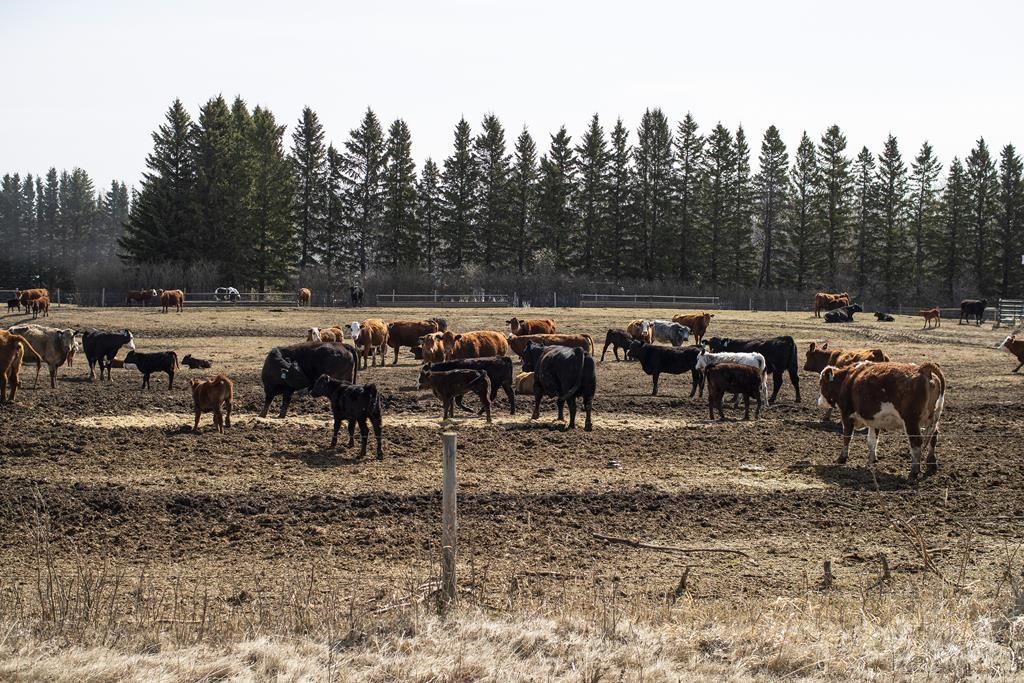The Agriculture Producers Association of Saskatchewan is calling on the federal government to implement a Livestock Tax Deferral Program for 2022.

“Many areas of western Saskatchewan are still dealing with unprecedented drought, which is leading to herds of cattle being sold” says APAS vice-president Scott Owens.
Owens says many producers are running out of feed, and the pastures haven’t recovered from a lack of moisture. “We have a lot of cattle farmers that, you know, they were short on feed last year so they didn’t have any extra to carry them through,” Owens says.
It’s not just last year, though. He says the dryness so far this spring has led to grass in pastures not greening up the way everyone hoped.
“You’re taking already short feed supplies, and then you’re piling on a lack of pasture,” he says. “It’s causing farmers to have to liquidate their herd in many cases”.

Get daily National news
All of these struggles adding up has led some cattle farmers out of the industry says Owens,
“If you’re a cattle farmer and you’re in that 50-60 years old age bracket, the money just isn’t there to stay in it so a lot of them are opting to simply sell off the herd and retire or move on to some other opportunity”.
For farmers who sell off their herd, Owens says if it’s an unexpected sale it would be taxed at more than 50 per cent.
“If the tax deferral isn’t granted, it just puts a real financial burden on those producers that are forced to liquidate their herd”.
APAS is primarily looking at the dry situation in the west but there’s also herd liquidation going on in the very far southeast with excess moisture.





Comments